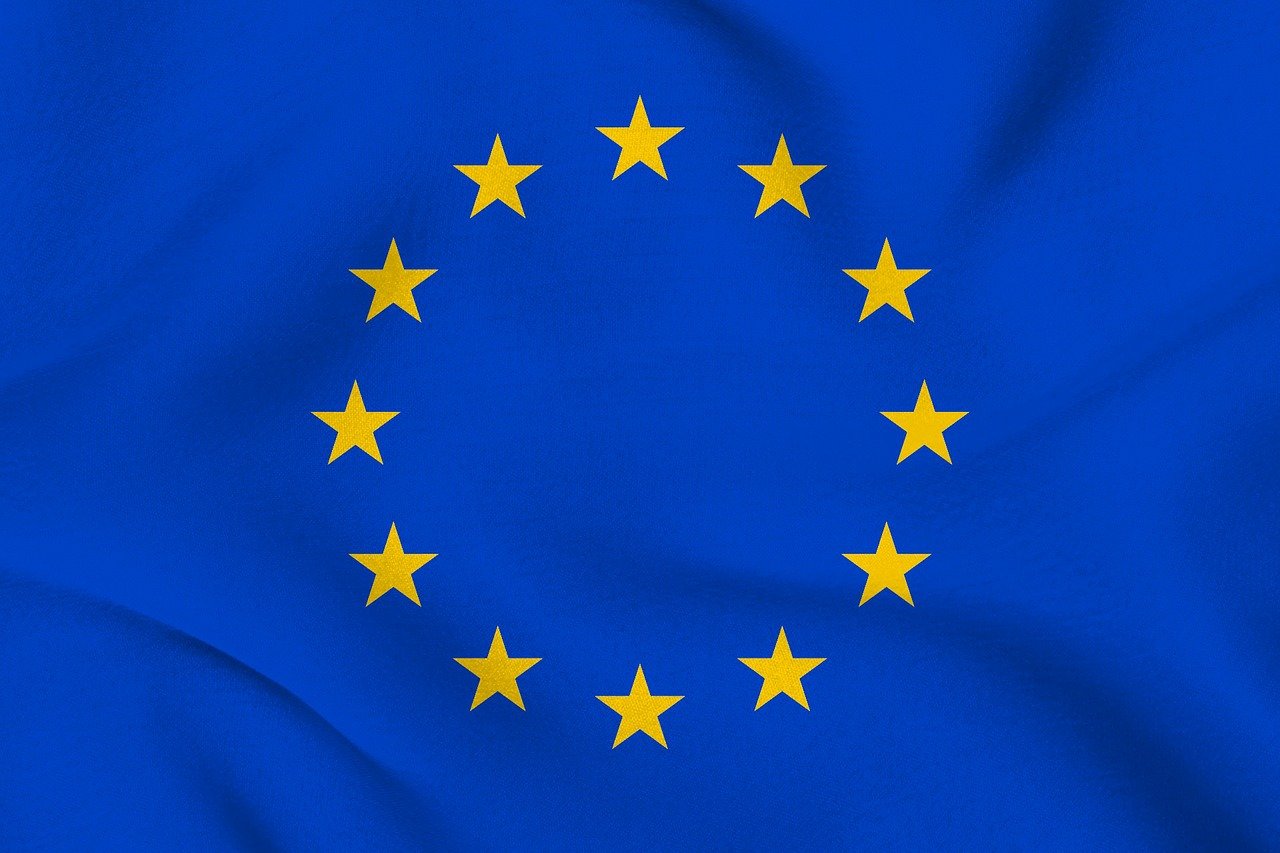Kraken and Crypto.com Move to Launch Stablecoins as EU Tightens Regulations
22.02.2025 17:00 2 min. read Alexander Stefanov
As Europe tightens regulations on stablecoins, major crypto exchanges Kraken and Crypto.com are developing their own digital assets to navigate the new legal landscape.
The EU’s Markets in Crypto-Assets (MiCA) framework, which took effect in January, imposes strict oversight on stablecoin issuers, making compliance essential for continued operations.
MiCA requires stablecoins—now classified as e-money or asset-referenced tokens—to be fully backed by liquid reserves and authorized by an EU regulator. As a result, non-compliant assets like Tether’s USDT and PayPal’s PYUSD have been delisted from many European platforms. By March 2025, exchanges must remove all unauthorized stablecoins, prompting issuers to either adapt or withdraw.
Rather than relying on third-party issuers facing regulatory uncertainty, Kraken and Crypto.com are moving to issue their own compliant stablecoins. Kraken plans to introduce a dollar-backed token through its Irish subsidiary, while Crypto.com—fresh off securing a MiCA license in Malta—is working on a similar project, though specifics remain undisclosed.
The shift reflects a broader effort to ensure regulatory stability as MiCA reshapes the industry. Some issuers, like Circle, are adjusting to the new framework, while others, including Tether, have yet to secure approvals. Meanwhile, crypto platforms are positioning themselves for compliance, with KuCoin recently applying for a MiCA license in Austria.
As European regulators enforce tighter control, exchanges are taking proactive steps to maintain their foothold in the region, signaling a major shift in how stablecoins will operate under MiCA’s influence.
-
1
Gold Glides Toward New Peaks as Middle-East Strife Lifts Safe-Haven Demand
15.06.2025 10:00 2 min. read -
2
Nvidia Surges as Barclays Sees $200 Target on Blackwell Momentum
18.06.2025 11:00 1 min. read -
3
a16z Backs EigenCloud Launch With Fresh $70M Token Buy
18.06.2025 14:00 1 min. read -
4
Bybit Steps Into DeFi With Solana-Based Platform
16.06.2025 17:00 1 min. read -
5
ARK Invest Takes Early Profits After Circle’s Skyrocketing IPO
18.06.2025 9:00 1 min. read
What’s Driving July’s Crypto Conversations, According to Santiment
According to Santiment’s latest narrative dashboard, the start of July has seen a surge in online discussions around a wide range of crypto themes, with Solana ETFs, stablecoins, Virtuals, Robinhood, and AI bot projects like Yapyo & Kaito leading the spike in mentions across platforms.
Market Odds of a U.S. Recession in 2025 Drop in Half Since May
The likelihood of the United States entering a recession in 2025 has dropped significantly, according to the latest market data from prediction platform Polymarket, where recession odds have fallen to just 22%, marking a notable decline from earlier highs in April and May.
Majority of U.S. Crypto Investors Back Trump’s Crypto Policy, Survey Finds
A recent poll reveals that over 70% of U.S. crypto investors support President Donald Trump’s current approach to digital asset policy, reflecting growing optimism within the sector.
Donald Trump Signs “One Big Beautiful Bill”: How It Can Reshape the Crypto Market
U.S. President Donald Trump has officially signed his sweeping policy bill into law, enacting one of the most consequential pieces of legislation of his presidency.
-
1
Gold Glides Toward New Peaks as Middle-East Strife Lifts Safe-Haven Demand
15.06.2025 10:00 2 min. read -
2
Nvidia Surges as Barclays Sees $200 Target on Blackwell Momentum
18.06.2025 11:00 1 min. read -
3
a16z Backs EigenCloud Launch With Fresh $70M Token Buy
18.06.2025 14:00 1 min. read -
4
Bybit Steps Into DeFi With Solana-Based Platform
16.06.2025 17:00 1 min. read -
5
ARK Invest Takes Early Profits After Circle’s Skyrocketing IPO
18.06.2025 9:00 1 min. read


